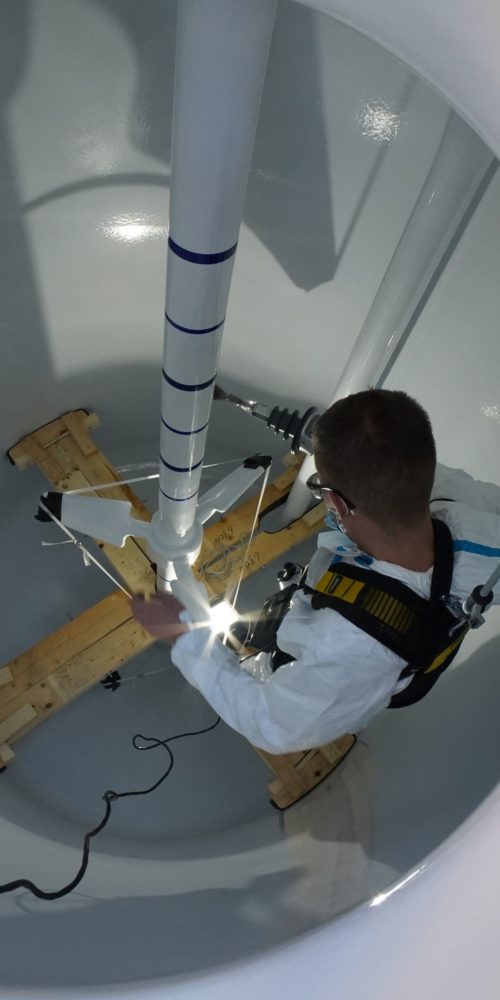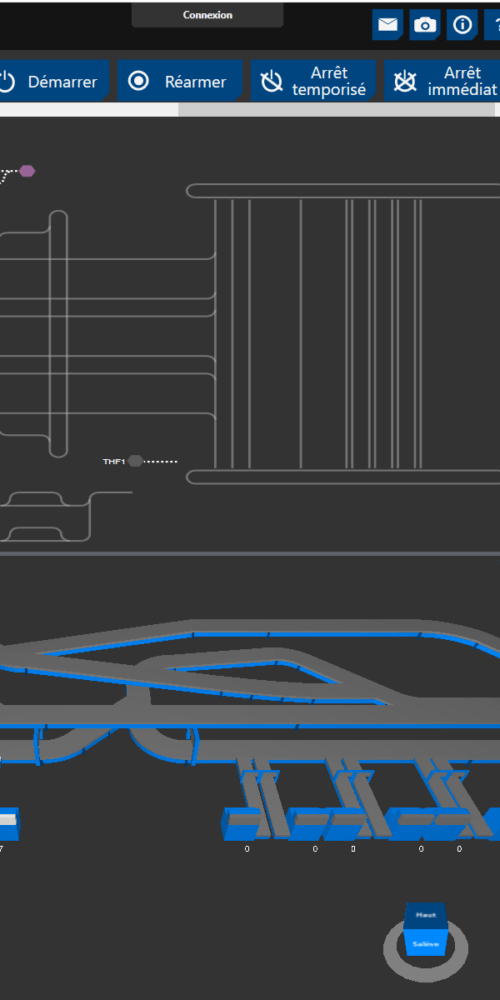Our unique know-how is inherent to the success of your projects. Yet we are also able to reconcile efficiency, speed and performance thanks to a rigorous methodology that has taken years to perfect.
Services
Divided into several phases, this methodology ensures that we are as close as possible to your needs, while designing solutions that meet your security challenges.
Whether it is for fine chemicals, pharmaceuticals, biotech or airports, it is always a step-by-step process so that you can keep track of the project’s progress with us.
Project phases
Terminology may vary across industries and countries, which is why we adapt to your requirements and agree in advance on the deliverables and levels of detail required for each stage.
From feasibility to project study
Feasibility and Concept Design
We begin every collaboration with a feasibility or audit stage, i.e taking into account the statement of need. You can either do this first step yourself or we can do it for you. The main purpose is to enable us to define a proposal for an overall solution(s) that reflects your constraints, whether in terms of time, budget or performance. In concrete terms, several scenarios need to be defined.
This is custom heading element
Basic Design and Detailed Design
Also referred to as BPD (Basic Preliminary Design) and DPD (Detailed Preliminary Design), the Basic Design stage goes one step further in the details: we list all the equipment, make the first electrical diagrams, classify the zones according to their hazards… The aim is to ensure that the solution chosen is sufficiently robust and meets all your requirements.
The Detailed Design or Project Studies part is where the technical, functional and design specifications are determined. In a nutshell, it is a pre-synthesis that brings together all the elements constituting your project, including the P&IDs (Process and Instrumentation Diagram) and automation.
From the request for authorisation to the follow-up of supplier studies
During the project study phases, we prepare all the technical documents to create a set of specifications referred to as RfQ (Request for Quotation). These specifications bring together the lots defined according to your needs and purchasing strategy.
Depending on the project size, we can allocate all the lots to a single company, or we can select one company for each lot. This second option requires more coordination, yet it allows for better conditions and fair prices.
We then compare the different suppliers who responded to the request for quotation according to several criteria (technical, financial, commercial, historical, planning). In an ACA, you choose the supplier(s).
Alternatively, should you opt for a turnkey solution, we choose the suppliers, since we are responsible for our subcontractors.
Implementing the solution
To meet your turnkey request, we oversee the construction, commissioning and qualification stages. More specifically, we handle the coordination of companies, manage and monitor the work at the site, and even conduct FAT (Factory Acceptance Tests).
We also supervise installation and commissioning through SAT (Site Acceptance Tests) and IQ/OQ qualifications.
Should you opt for AMO, we'll remain at your side during implementation of the project: we alert you to possible problems and advise you so you can make the best decisions.
You can also opt for an EPCM (Engineering, Procurement and Construction Management) contract: You remain responsible for the budget and planning, handling the technical and process control part, while we supervise the engineering, procurement and implementation monitoring aspects.
Regardless of whether you choose a turnkey solution, ACA option or EPCM contract, we will adapt to your needs throughout all phases of the project.
Are you looking to entrust us with a project in fine chemicals, pharmaceuticals, biotech, airports or data centres?
Let's talk about it!
Our business cases
 Tank Revamping
Tank Revamping
 LoRaWAN IoT platform
LoRaWAN IoT platform
LoRaWAN IoT platform
 Clean Room
Clean Room
Clean Room
 Geneva airport
Geneva airport

